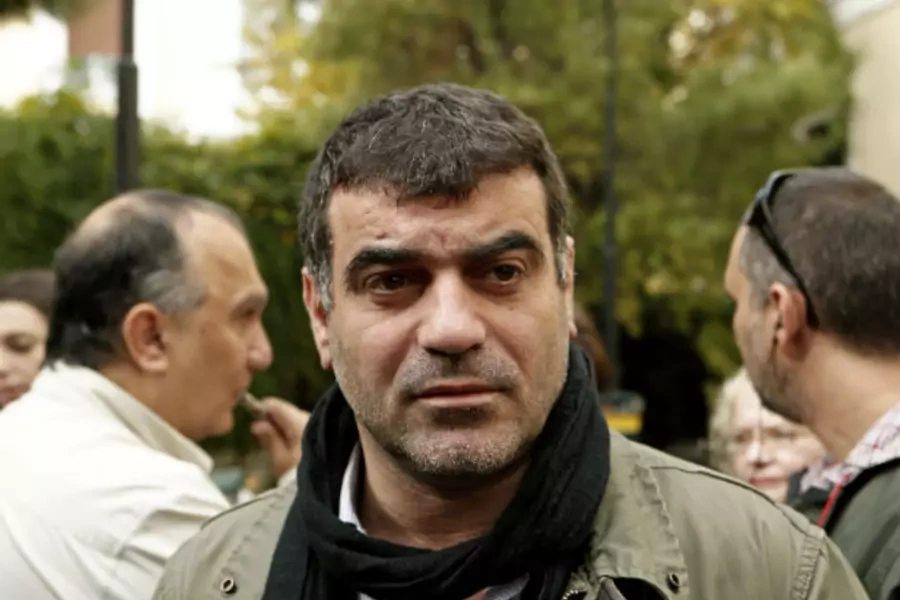Costas Vaxevanis and Nuhu Ribadu—Birds of a Feather

More on:
This is a guest post by Jim Sanders, a career, now retired, West Africa watcher for various federal agencies. The views expressed below are his personal views and do not reflect those of his former employers.
Greek journalist Costas Vaxevanis recently escaped judicial sanction when the judge in an Athens court “found that Mr. Vaxevanis had acted in the public interest when he published the ‘Lagarde’ list—a document containing the names of two thousand Greeks with Swiss bank accounts—in Hot Doc, the magazine he edits.”
Observes the Financial Times: “impoverished Greeks are becoming ever more resentful of the ability of the elite to escape paying their dues.” According to Vaxevanis, “it was the first time that the names of Greek account holders abroad had been published, so there was tremendous interest in finding out who they really were—the top tier of Greek business and society.”
Around the time of this Greek drama, in Nigeria, a report from the Petroleum Revenue Special Task Force, chaired by Nuhu Ribabdu, similarly heightened stress among political elites. Ribabdu is the former head of the Economic and Financial Crimes Commission (EFCC).
According to Reuters, Ribadu’s report “showed Nigeria had lost tens of billions of dollars in cut-priced deals struck between government officials, the state oil firm, and multinational oil companies over the last decade.” And it “found hundreds of millions of dollars of oil bonuses and royalties paid to the government were missing.”
Reacting to the report, the Nigeria’s Ministry of Petroleum stated that Ribadu’s committee was not intended to be a “probe panel” or “commission of enquiry,” therefore “nobody or institution was indicted as nobody was on trial.” The presidency denied a possible cover-up of the report.
Vaxevanis and Ribadu represent twenty-first-century muckrakers whose work is exposing the persistence of long-term patterns of elite corruption corroding governance in both countries. That these patterns persist despite their efforts to “name-and-shame” is often attributed to a lack of political will, usually among the so-called political class.
But as has been suggested in other contexts, to be effective, political will cannot be confined simply to courageous journalists and former government officials. Broad-based collaboration among government (all branches), foreign and domestic business, civil society, and ordinary citizens is needed.
In Greece, Vaxevanis received support from the courts; whereas Ribadu, in Nigeria, appears to have less government backing. But political will in both cases is spotty. Meanwhile, the murder of Guinea’s Treasury head Aissatou Boiro, who was investigating missing state funds, evidences strong political will among those wishing to maintain “business-as-usual.”
More on:
 Online Store
Online Store